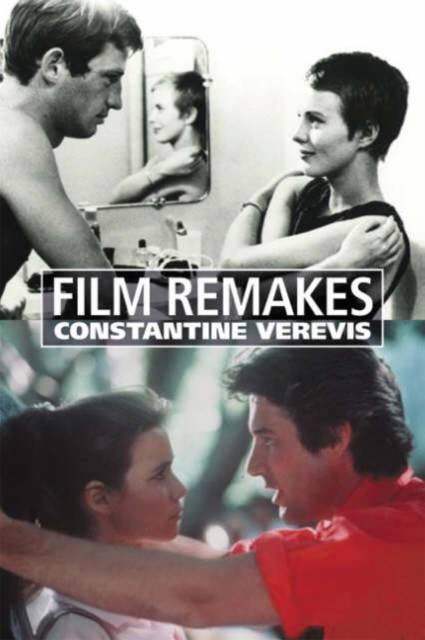
- Afhalen na 1 uur in een winkel met voorraad
- Gratis thuislevering in België vanaf € 30
- Ruim aanbod met 7 miljoen producten
- Afhalen na 1 uur in een winkel met voorraad
- Gratis thuislevering in België vanaf € 30
- Ruim aanbod met 7 miljoen producten
Zoeken
Omschrijving
This is the first book to provide a comprehensive and systematic account of the phenomenon of cinematic remaking. Drawing upon recent theories of genre and intertextuality, Film Remakes describes remaking as both an elastic concept and a complex situation, one enabled and limited by the interrelated roles and practices of industry, critics and audiences. This approach to remaking is developed across three broad sections: the first, remaking as industrial category, deals with issues of production, including commerce and authors; the second, remaking as textual category, considers genre, plots and structures; and the third, remaking as critical category, investigates issues of reception, including audiences and institutions. The film remake emerges as a particular case of repetition, a function of cinematic and discursive fields that is maintained by historically specific practices, such as copyright law and authorship, canon formation and media literacy, film criticism and re-viewing. These points are made through the lively discussion of numerous historical and contemporary examples, including the remaking of classics (Double Indemnity, All That Heaven Allows, Psycho), foreign art-films (Yojimbo, Solaris, Le Samouraï), cult movies (Gun Crazy, Planet of the Apes, Dawn of the Dead), and television properties (Batman, The Addams Family, Charlie's Angels).
Specificaties
Betrokkenen
- Auteur(s):
- Uitgeverij:
Inhoud
- Aantal bladzijden:
- 208
- Taal:
- Engels
Eigenschappen
- Productcode (EAN):
- 9780748621873
- Verschijningsdatum:
- 15/11/2005
- Uitvoering:
- Paperback
- Formaat:
- Trade paperback (VS)
- Afmetingen:
- 156 mm x 234 mm
- Gewicht:
- 331 g

Alleen bij Standaard Boekhandel
+ 86 punten op je klantenkaart van Standaard Boekhandel
Beoordelingen
We publiceren alleen reviews die voldoen aan de voorwaarden voor reviews. Bekijk onze voorwaarden voor reviews.












